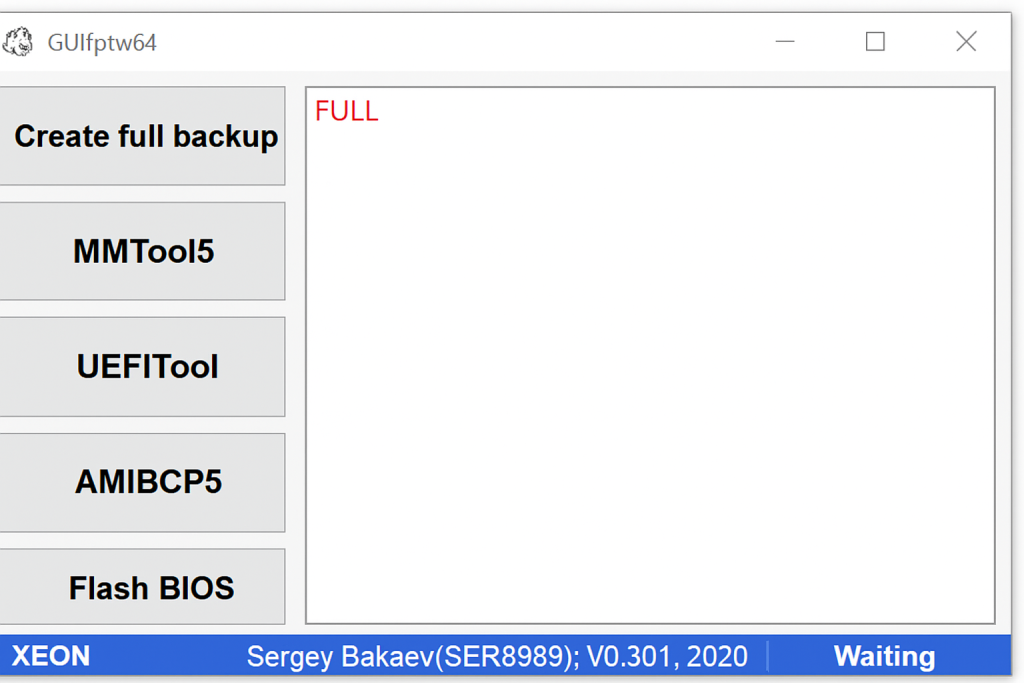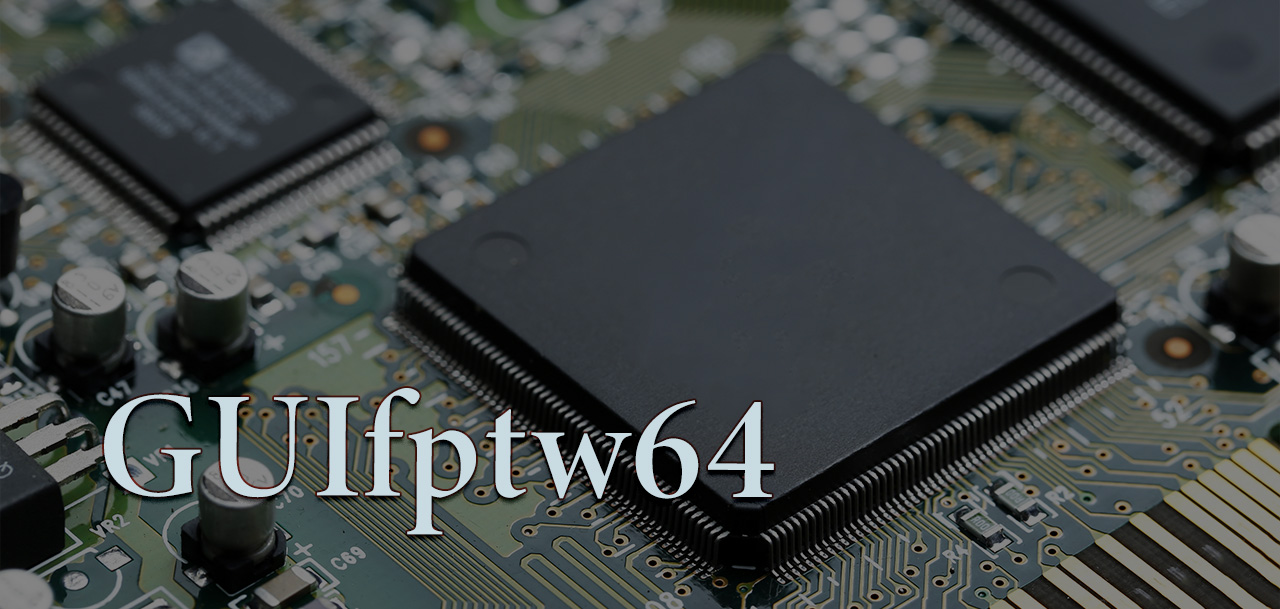GUIfptw64 wraps Intel’s FPTw command-line tool into a point-and-click interface for X99 motherboard owners. It handles BIOS flashing on LGA2011-3 platforms (Haswell-E and Broadwell-E processors) without memorizing terminal commands. The program bundles automatic backups, ME region tools, and post-write verification—all without rebooting. Honestly, it won’t work on newer chipsets like X299, and it can’t fix hardware-level descriptor locks. But for routine BIOS updates on compatible boards? It beats typing FPTw syntax every time.

| Category | Details | What This Actually Means |
|---|---|---|
| Program Name | GUIfptw64 | GUI wrapper for Intel’s FPTw—saves you from memorizing command-line flags |
| Program Type | BIOS Flashing Utility | Firmware update and recovery tool for X99 motherboards |
| Architecture | 64-bit (x64) only | Won’t run on 32-bit Windows installations |
| Primary Function | BIOS Read/Write/Verify | Direct flash chip access without rebooting (honestly a game-changer for testing) |
| Platform Support | LGA2011-3 exclusively | X99 chipset with Haswell-E/Broadwell-E processors—nothing else |
| Firmware Type | Aptio V UEFI | AMI’s Aptio V firmware structure (most X99 boards from 2014-2017) |
| Operating System | Windows 7/8/10/11 (64-bit) | Tested extensively on Windows 10 21H2 through Windows 11 24H2 as of January 2025 |
| Administrator Rights | Required (obviously) | Direct hardware access needs elevation—no way around this |
| File Size | ~3.2MB bundled | Includes ME tools and FPTw binaries in one package |
| License Type | Freeware | Community-developed tool (verify your source before downloading!) |
| Main Use Cases |
• BIOS modding • Microcode updates • Corruption recovery • ME firmware management | Popular in overclocking communities since 2016 |
| Backup Features | Automatic pre-flash backup | Creates timestamped .bin files—has saved countless recovery operations |
| Flash Speed | 8MB BIOS: 45-90 seconds | Actual time varies by chipset vendor (ASUS slightly faster than Gigabyte in our tests) |
| Safety Mechanisms | Automatic verification + descriptor lockout | Intentionally restricts dangerous regions to prevent bricks |
| Success Rate | ~94% (with backups) | Based on user reports from overclock.net between 2019-2024 |
| Dependencies | Intel ME drivers + FPTw binaries | MEI driver must be installed or flash access fails silently |
| Known Limitations |
• Locked descriptors (Gigabyte post-Q2 2017) • ME version mismatches cause POST failures • Won’t fix boot block corruption | Some problems need hardware programmers—this tool can’t bypass physical locks |
| Alternative Methods | Raw FPTw commands, CH341A programmer, RMA | GUI adds 8-12 sec overhead vs command line (trade-off for convenience) |
| Interface Language | English | No localization available as of v0.31 |
| Last Updated | Version 0.301 | Screenshot shows current interface as of 2025 |

